French Environmental Labeling in Fashion: Where It Stands and What's Next

In the French legislative framework, environmental labeling is a crucial measure that could significantly boost transparency in the fashion industry. On June 10th, we hosted a webinar on this essential topic, exploring its importance and future implications for the sector. Our panel featured:
- Alessandra Lobba, CSR and Sustainable Development Director at agnès b.;
- Pascal Dagras, Intrapreneur at the French Ministry of Ecological Transition;
- Leïla Gimeno, Analysis & Legislation Manager at Fairly Made®.
The session was moderated by Laure Betsch, co-founder of Fairly Made®.
Understanding Environmental Labeling
Environmental labeling is a crucial tool for enhancing transparency and sustainability in the fashion industry. Recent updates in French environmental scoring have significantly advanced its scope and methodology.
The framework aims to provide consumers with clear, reliable information about the environmental impact of garments through comprehensive Life Cycle Assessment (LCA) and the Base Empreinte® database.
Notably, the French Ministry of Ecological Transition is working towards making environmental labeling mandatory by mid-2025, with an interim phase of voluntary compliance.
Perspectives from Our Experts
agnès b.
Alessandra Lobba from agnès b. shared insights on integrating environmental labeling into their CSR strategy.
She emphasized the importance of supply chain data collection and collaboration with suppliers to achieve comprehensive traceability and impact measurement.
Lobba highlighted how agnès b. leverages the preparation to this new measure to enhance transparency and consumer trust, particularly by focusing on GOTS-certified organic cotton.
Pascal Dagras
Pascal Dagras outlined the government’s objectives behind the environmental labeling methodology.
Key goals include mainstreaming environmental cost visibility for all products sold in France, enabling brands to improve their sourcing and eco-design practices, and ultimately reducing the fashion industry's environmental impact.
Dagras also emphasized the integration of French efforts with broader European initiatives, highlighting the shared goal of improved traceability.
Leila Gimeno
Leila Gimeno offered practical advice for brands beginning their journey with environmental labeling.
She encouraged immediate action in structuring data and working on supplier engagement. She explained that the labeling methodology rewards precise data collection and responsible commercial practices, such as reducing the frequency of new collections.
The legal expert and analyst also emphasized that a strong score could become a significant commercial and strategic asset for brands.
What's Next for Fashion Brands
As the fashion industry prepares for the implementation of French environmental labeling, it is essential to seek guidance from trusted third parties. Fairly Made® supports brands in this transition with comprehensive solutions:
- Traceability: Our solution gathers and centralizes all data on your products and suppliers, providing a 360° view of your supply chain. This is the indispensable first step in any impact measurement initiative.
- Impact Calculation: We already use LCA to calculate the environmental impacts of products and closely monitor every methodological update, adapting our platform accordingly.
- Legal Expertise: We participate in several working groups at both the French and European levels, including the PEF group alongside ADEME. These groups provide recommendations on LCA methodologies, calculation methods, and legislation.
Partnering with Fairly Made® allows brands to ensure they are well-prepared to meet the demands of environmental labeling, improve their sustainability efforts, and build consumer trust through enhanced transparency.






%20for%20Apparel%20-%20The%20Ultimate%202025-2026%20Guide.png)
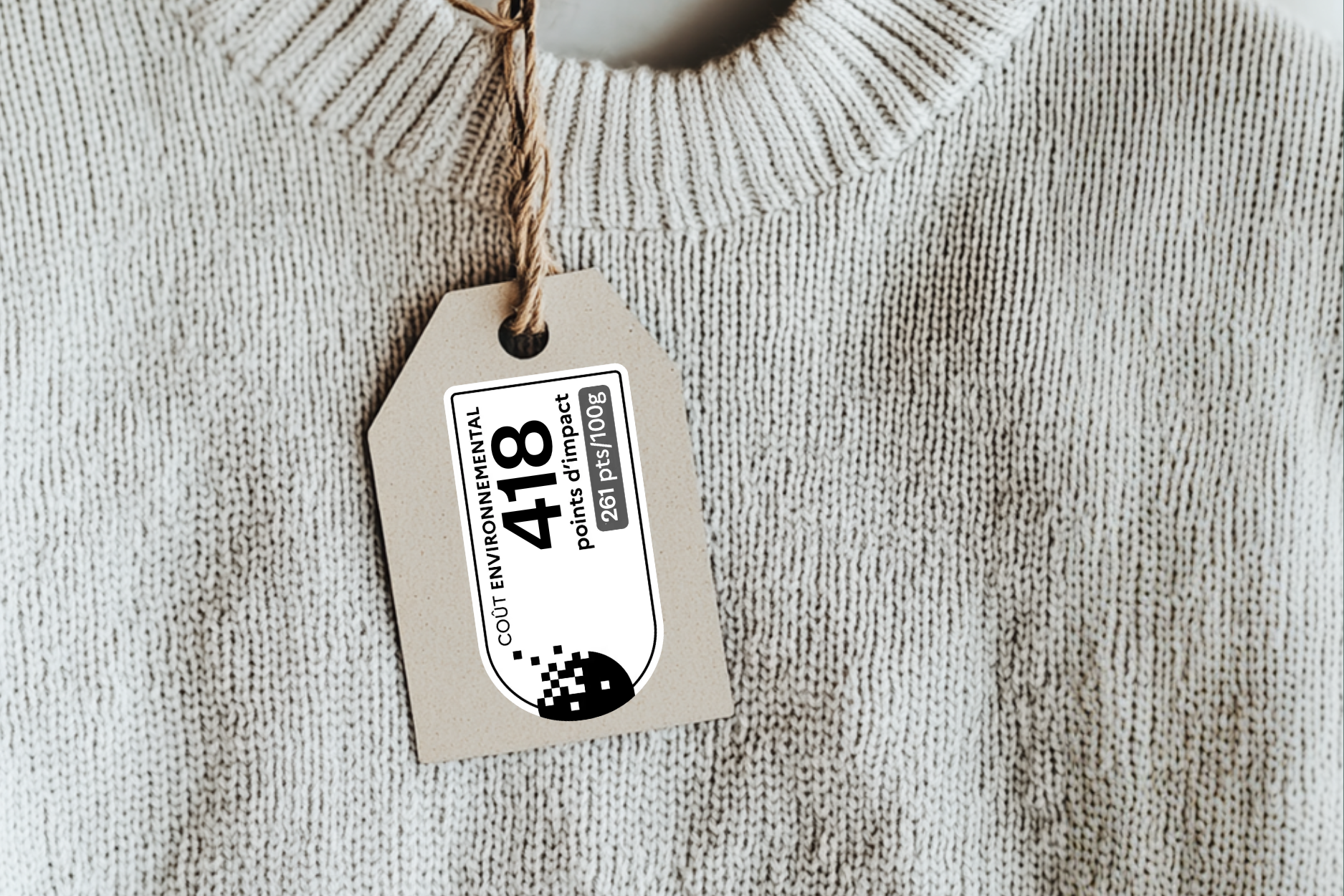
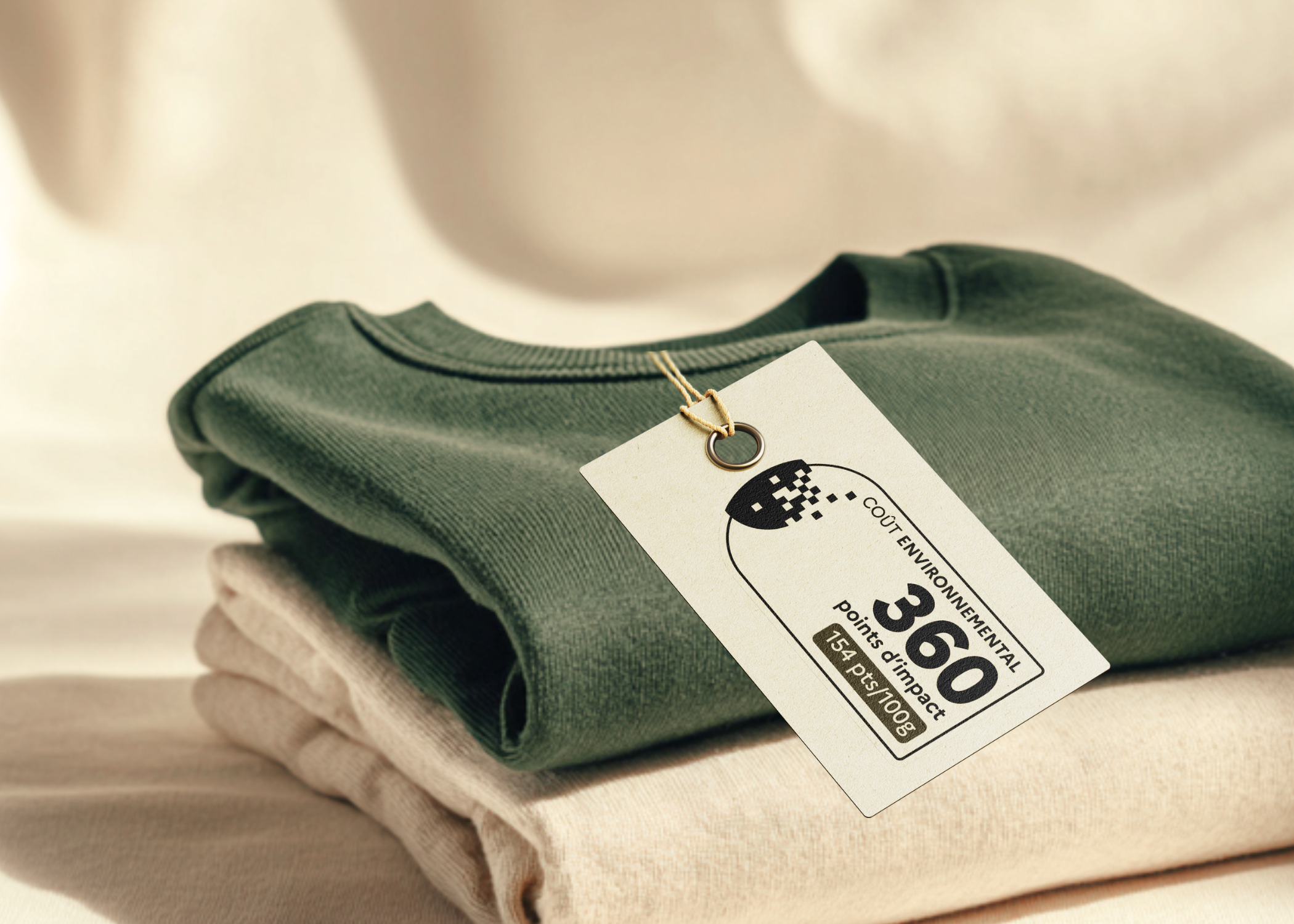
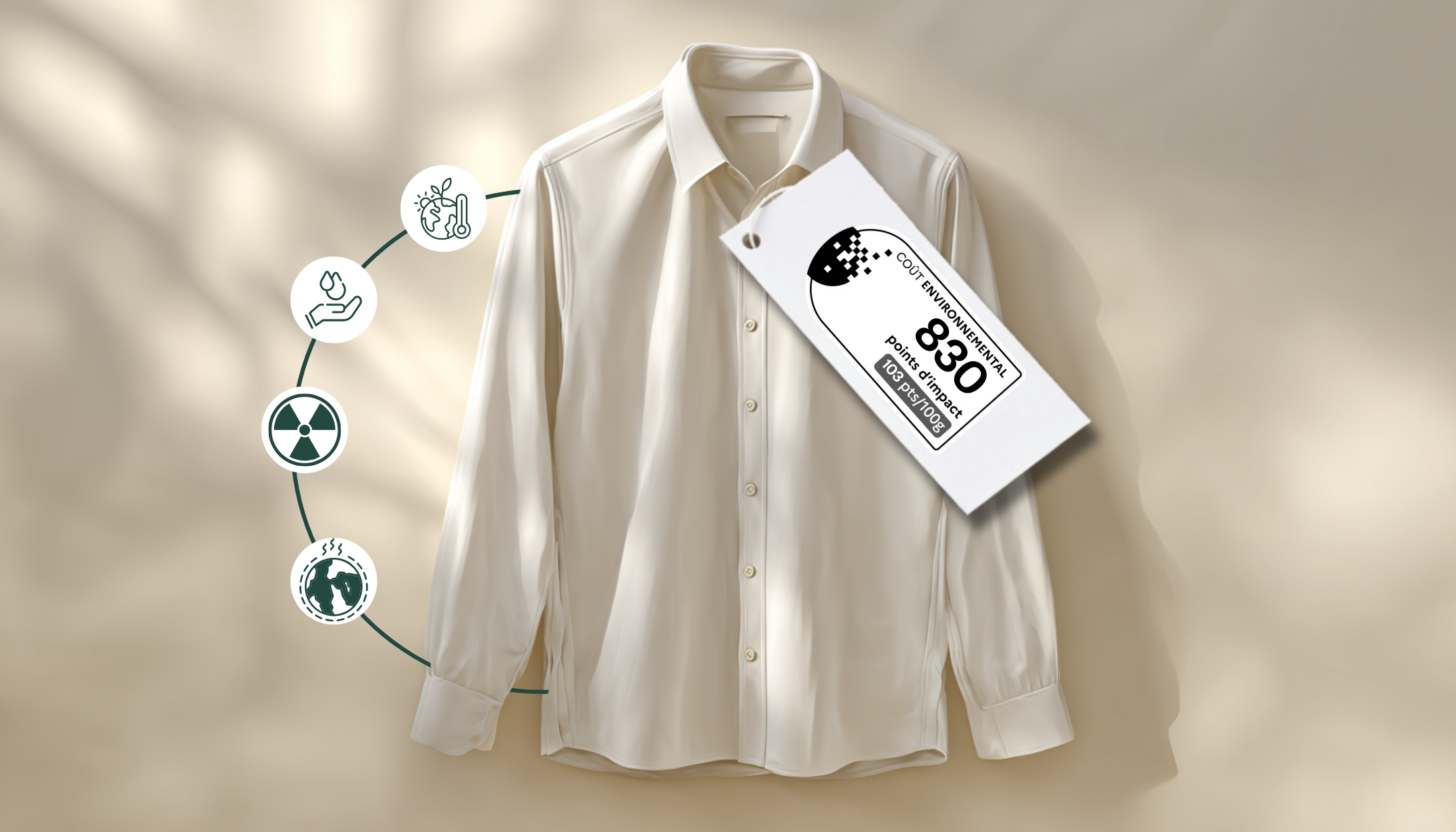

.png)









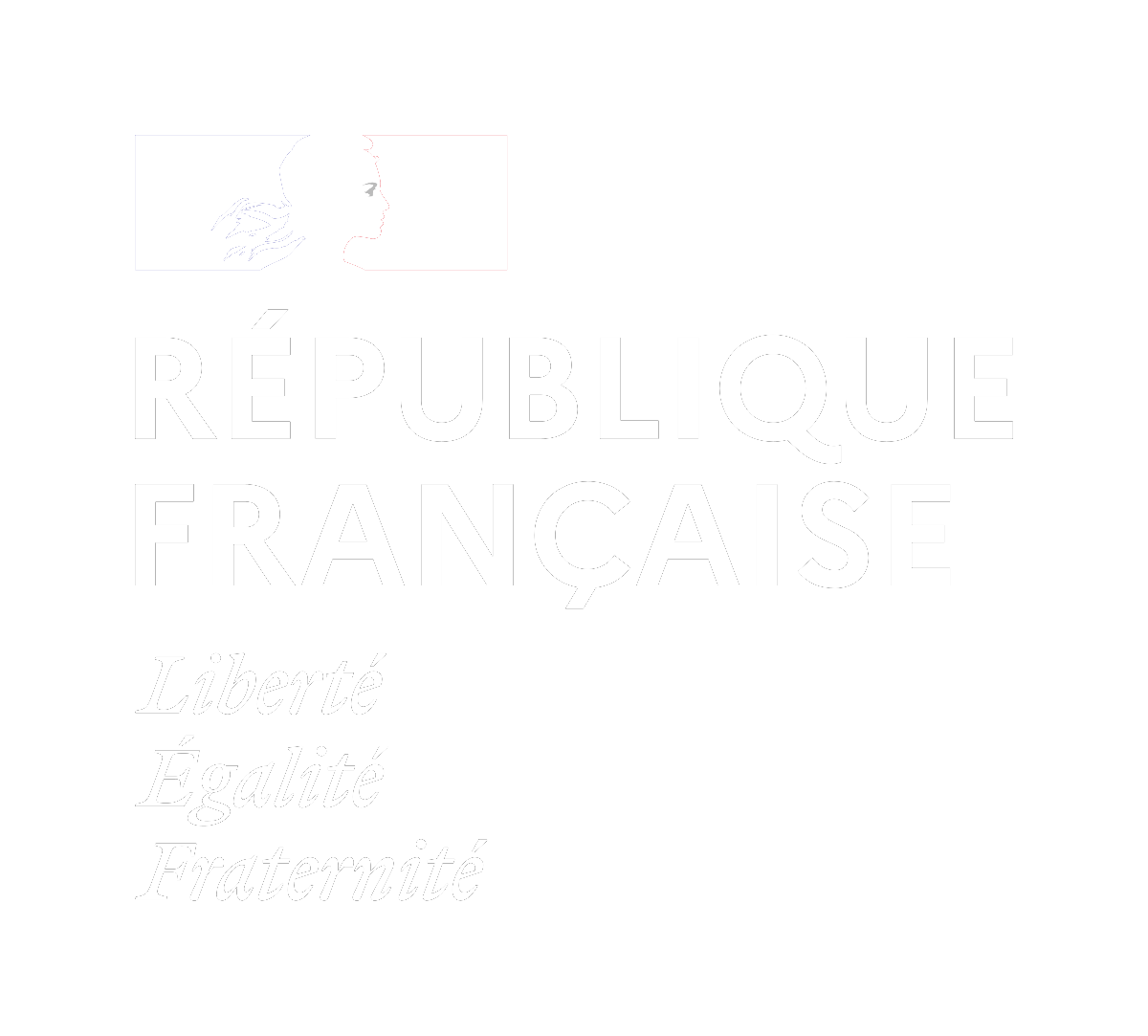
.png)
.svg)